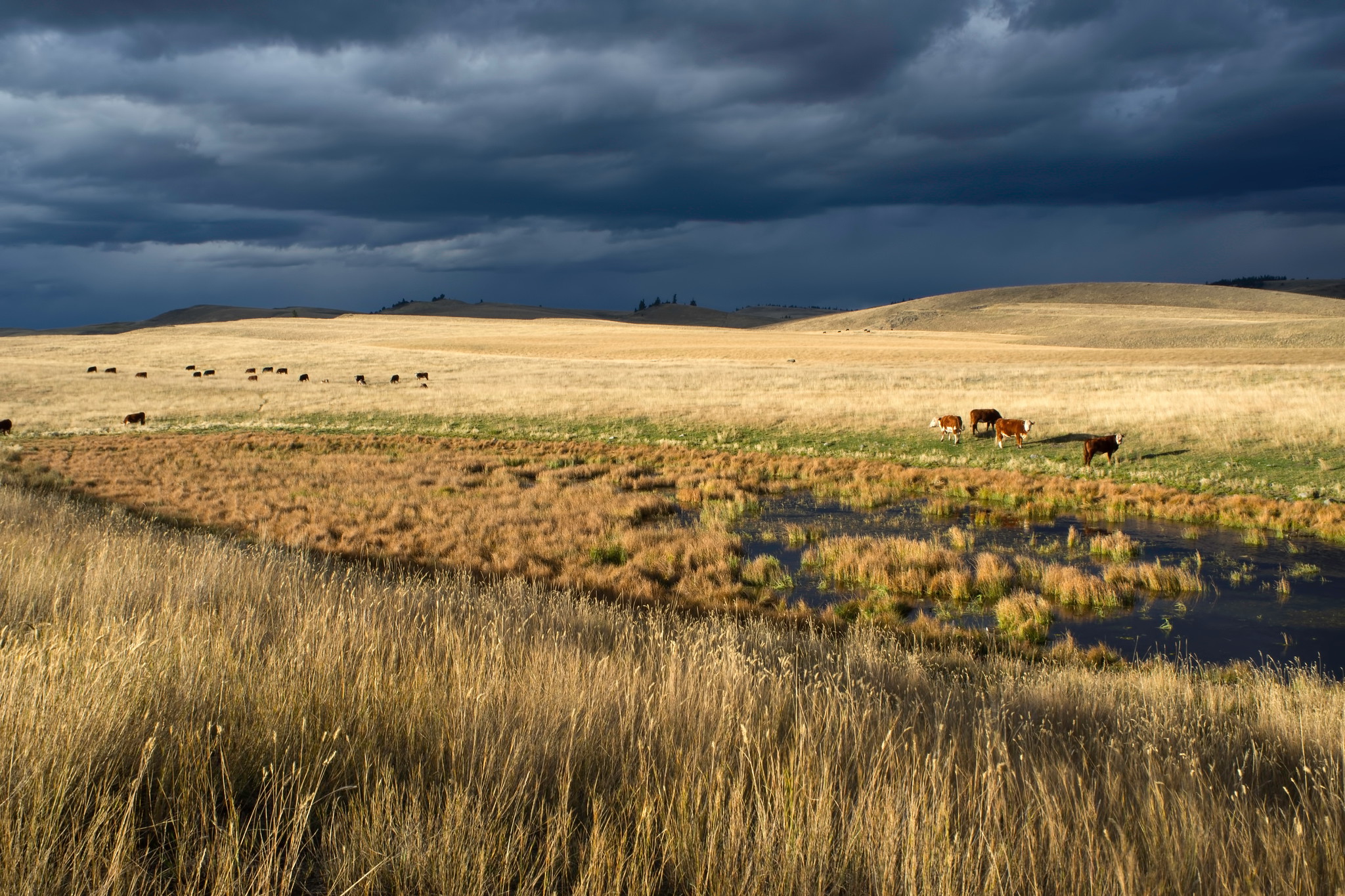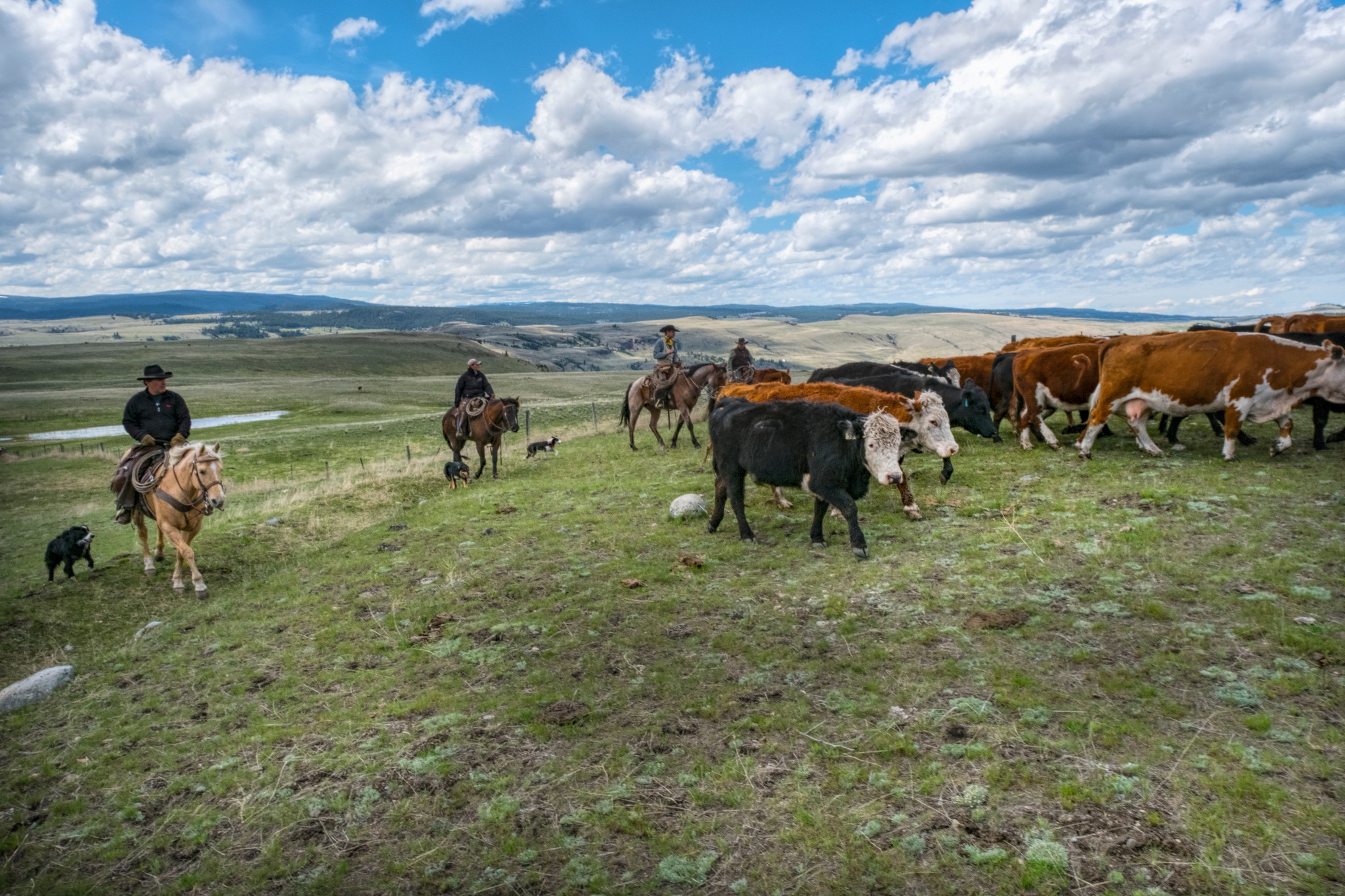Our History
Healthy grasslands, healthy communities.

In 1999 a group of organizations and individuals formed the Grasslands Conservation Council of British Columbia in response to increasing pressure on native grasslands, such as urban sprawl, poorly planned pipelines and powerlines, unmanaged recreation, invasive species, and inappropriate grazing.
Together, these land use practices and activities were reducing and fragmenting the province’s grasslands: damaging landscapes and sensitive ecology. They were ruining hillsides; and harming plant life, animal habitat, and waterways. They were disrupting natural cycles and systems. In short, they were breaking up and destroying the remaining 1% of BC’s native grasslands.
Even though, by the mid-1990s, scientists and governments had recognized that grasslands were unique, important, and threatened, grasslands were underrepresented in British Columbia’s and Canada’s protected areas networks. Much of this critical habitat was located on private land, and there was no strategy to protect and conserve its values.
In a province known for its grand and plentiful forests, grasslands were being overlooked. And then…
In 1996, the Canadian Parks and Wilderness Society (CPAWS-BC) planned and organized a meeting at the Big Bar Ranch in the Cariboo. The attendance at this meeting surpassed everyone’s expectations, and the outcome was the seed that blossomed into the Grasslands Conservation Council of British Columbia.
An initial workshop was held in Merritt in September 1997, and Bob Peart, a founding director for the GCC, explained why the GCC was so important: “There is concern that the agenda in BC is forest-dominated” and that grasslands were being ignored. He noted that in 1995, the CPAWS board decided to make grasslands one of its five key priorities. He also recognized that some of the challenges in building the GCC would include developing trust and respect, and that “getting to know each other has been one of the best things; developing common interest, trust, and respect is what the GCC is all about.” When it came to the GCC, “Our diversity is our strength.”
At the same workshop, rancher Laurie Guichon recounted how he had received an invitation from Michael Kennedy (fifth generation rural Lillooet resident and retired geography teacher) in the spring of 1996 to attend the grassland meeting in Big Bar. Laurie was worried initially about meeting with all these people who were “against everything!” He explained how ranchers were concerned about the Forest Practices Code, the Protected Areas Strategy, and other planning and regulations that were making their work difficult. But ultimately, Laurie felt that the Big Bar meeting was an opportunity to make people understand “how ranchers saw things.”


Although Laurie’s concerns were not immediately alleviated, over the following two years of meetings he gradually became more impressed by the sincerity of GCC members. He noted that the “environmental side showed a willingness to learn … and that is what the GCC is all about: getting to know the other side.”
By July 1998, a strategic vision had been crafted based on the 1997 Merritt workshop. The meeting solidified the general mission of the GCC to be “a network of individuals and organizations working together to ensure healthy, life-sustaining grassland ecosystems throughout BC by fostering greater understanding and appreciation for BC’s grasslands and recognizing their ecological, social, economic, and cultural importance to current and future generations.” This statement remains core to the GCC’s values, vision, and mission and continues to be the foundation of the GCC’s unique role in grassland conservation in British Columbia. (GCC Strategic Plan 2009-2014).
Since it was founded, the organization has carried out a wide range of projects to ensure that native grasslands are given the attention and care they need to survive in a quickly changing world.
The GCC has remained connected to its roots in both the ranching and conservation communities, as well as nurturing strong ties with government agencies, universities, and other sectors that have strong interests in the sustainability of BC grasslands.
The GCC became a registered charity in 2001.

